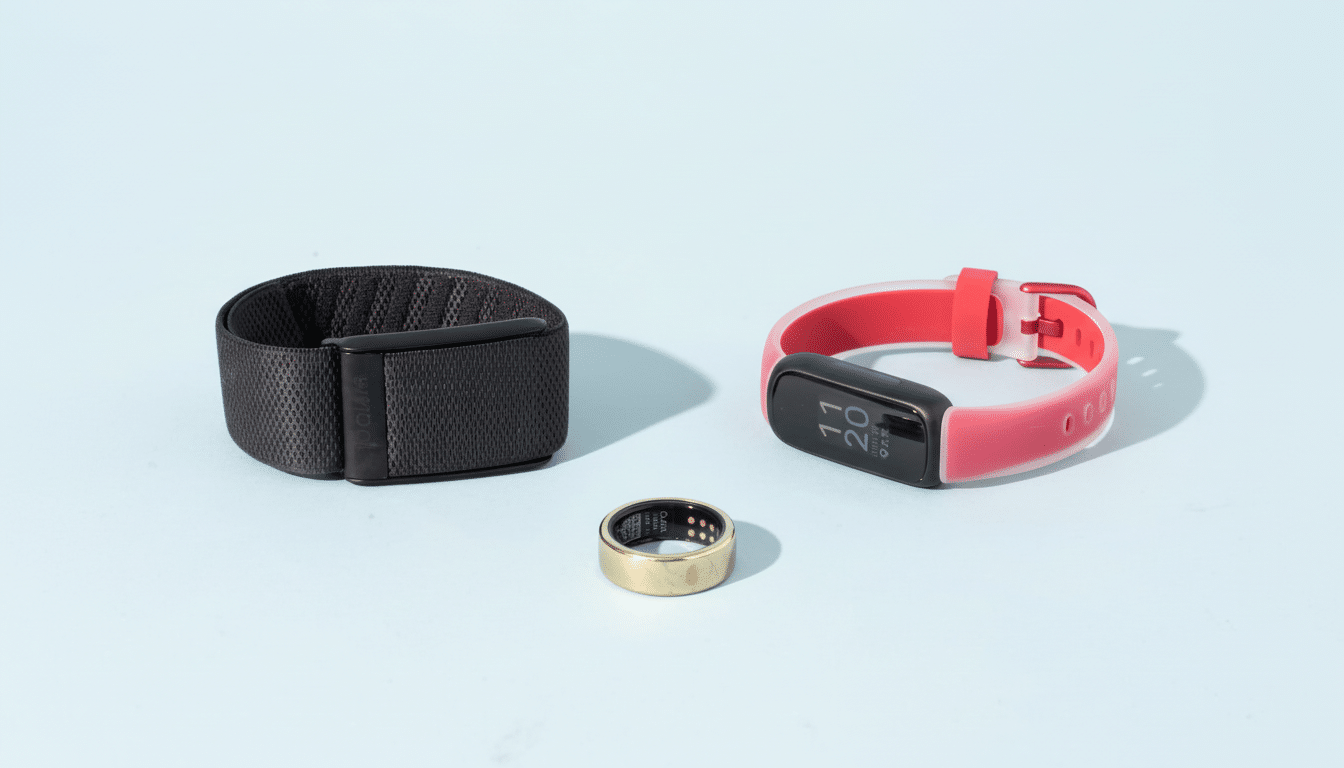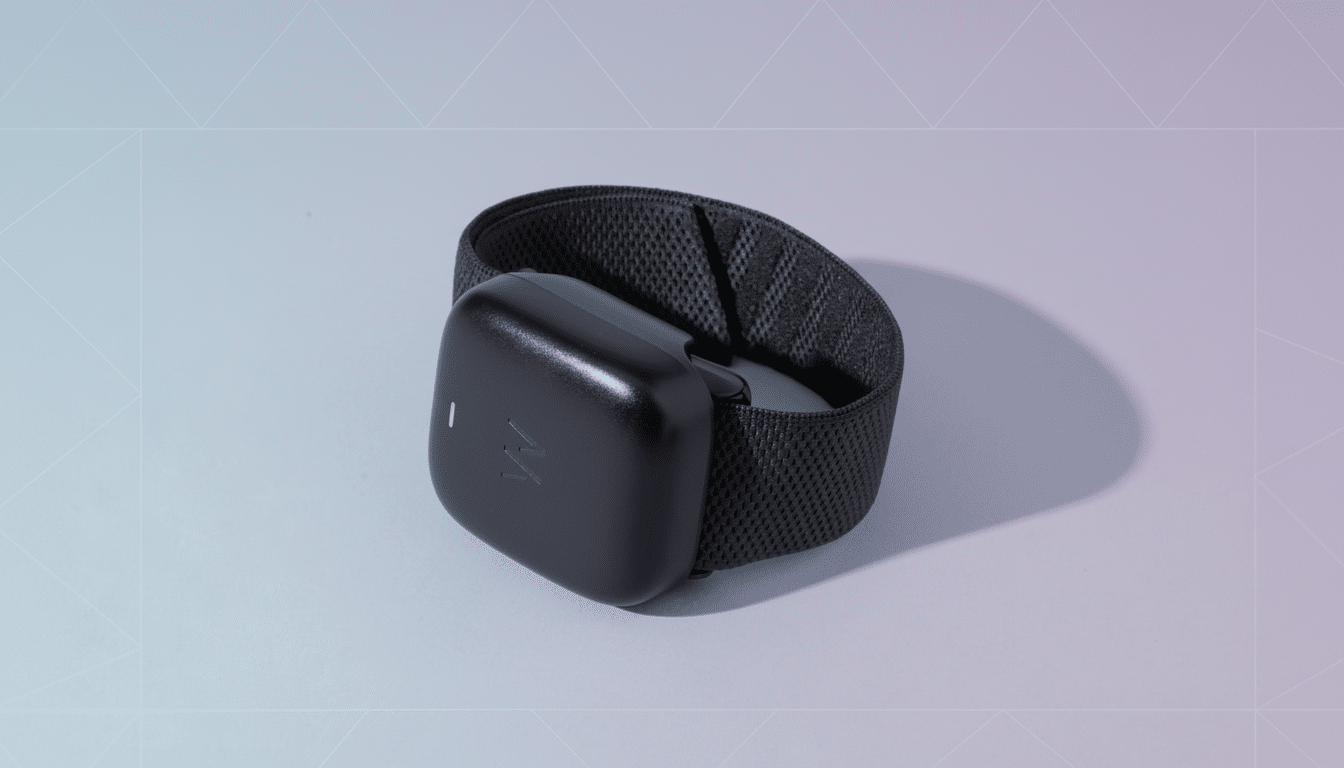Sleep tech is hot right now. Sensors became more intelligent, algorithms grew up and a few brands finally solved the nighttime comfort conundrum. After months of double-testing, cross-referencing with reference-grade clinical devices and spending nights and naps swaddled in dozens of tracking bands and goggles, these are the nine things I’d actually wear to bed in 2025 — all selected for accuracy, comfort and whether their insights really change behavior the next day.
Why it matters is equally straightforward: the CDC estimates that around 33 percent of adults fail to get the minimum recommended seven hours each night, and poor sleep is associated with increased risk for cardiometabolic disease and burnout. The American Academy of Sleep Medicine observes that consumer wearables tend to be sensitive at picking up sleep, but not great at identifying wake; in fact, that’s why I treasure devices that pair strong sensors with clear, actionable guidance rather than pretty graphs.
- How I Picked These 9 Sleep Trackers and Tested Them
- Fitbit Charge 6: Best Overall Sleep Tracker for 2025
- Oura Ring 4: Best Smart Ring for Sleep Tracking
- WHOOP 4.0: Best Screen-Free Coaching for Better Sleep
- Withings Sleep: Best Non-Wearable Under-Mattress Mat
- Apple Watch Series 11: Best for iPhone Owners in 2025
- Google Pixel Watch 4: Best Wear OS Sleep Tracker Choice
- Fitbit Inspire 3: Best Value Sleep Tracking Band
- Withings ScanWatch 2: Best Hybrid Sleep Tracking Watch
- Garmin Venu 4: Best for Training and Sleep Tracking
- What the Sleep Tracking Data Can and Cannot Do

How I Picked These 9 Sleep Trackers and Tested Them
I also tested out each device for several weeks, sometimes two at a time, then sanity-checked trends with the help of a medical-grade reference from our sleep lab partner and manual sleep diaries. I rated comfort (can you forget it’s there at 3 a.m.?), battery life, stage accuracy, reliability of breakdowns, HRV and temperature baselines, nap handling, and how useful the morning guidance is. I also considered ecosystem strength and privacy policies, and drew on research from groups like the Sleep Research Society and Stanford sleep experts around whether wearables are valid.
Fitbit Charge 6: Best Overall Sleep Tracker for 2025
Fitbit’s decades-old sleep engine remains the best out there for daily users. The Charge 6 is stellar on the basics — accurate stage tracking, reliable sleep/wake detection and a Sleep Score that correlates closely to perceived rest — while also boasting long battery stamina and the self-aware, monthly Sleep Profile that brings out longer-term patterns. Google Wallet, Maps and a user-friendly app also make for a tracker that’s easy to live with and hard to beat for the price.
Oura Ring 4: Best Smart Ring for Sleep Tracking
Oura still raises the bar for discreet, lights-out monitoring. Published peer-reviewed examinations of sensitivity for sleep detection have been high and there is fair agreement on total sleep time compared to polysomnography, but stage classification is “directionally useful” at best. What does feel new in daily life is the more sophisticated readiness modeling, which combines HRV with temperature readings and sleep debt into guidance you might stand a chance of following. It’s far from cheap, and there are premium features that unlock with a membership, but the passive comfort can’t be beaten.
WHOOP 4.0: Best Screen-Free Coaching for Better Sleep
Athletes and data minimalists will love WHOOP’s strain–recovery loop. By focusing on HRV, resting heart rate, temperature and sleep consistency, the app prescribes bedtimes and proposes trade-offs based on your baseline. There is no display to tempt you, the battery charges with a slide-on pack, and the Journal helps compare activities such as late-in-the-day caffeine or alcohol consumption with next-morning recovery — an evidence-based nudge toward improved sleep hygiene.
Withings Sleep: Best Non-Wearable Under-Mattress Mat
If you’re someone who loathes putting anything on at bedtime, this under-mattress sensor is the easiest path to reliable insights. Without any interaction, it records heart rate, respiration patterns, snoring and sleep stages; it also identifies potential breathing disruptions that would be worth discussing with a clinician. The app displays trends cleanly and can kick off smart home routines at bedtime — a pragmatic method of automating better sleep.

Apple Watch Series 11: Best for iPhone Owners in 2025
Apple’s latest updates were legitimate course improvements: steadier stage estimates, a clearer Sleep Score, and temperature-trended cycles on top of elite heart rate and GPS performance. The 24-hour battery is finally at a point where you can go to bed with some in-the-morning charging following a couple of evening top-ups. If you’re in Apple’s ecosystem and want one device for everything, this is the easiest nightly task partner.
Google Pixel Watch 4: Best Wear OS Sleep Tracker Choice
Google’s watch marries slick Wear OS usability with Fitbit’s trusted sleep analytics. That includes stage breakdowns, HRV, temperature and a Morning Brief on-wrist, as well as deeper tools like Readiness if you’re using Fitbit’s subscription as well. And Google services are present, including Maps and Assistant, which make this a slam-dunk daily driver for most Android-using people, doing the only thing it knows how to do: confirming yet again that aging hardware combined with excellent software makes for some of the best damn Android phones you can buy right now.
Fitbit Inspire 3: Best Value Sleep Tracking Band
For less — if not exactly sleep data you can trust — this slim band provides. It mirrors the Charge’s basic sleep metrics, throws in an (annoyingly) gentle smart alarm and lasts up to 10 days — or sometimes more — between charges. The light footprint is great for sensitive sleepers, and the app provides new users with a friendly entry into trends without overwhelming them.
Withings ScanWatch 2: Best Hybrid Sleep Tracking Watch
For fans of the analog style, ScanWatch 2 obscures serious health tech behind classic hands. It monitors sleep stages, SpO2 and temperature deviations, and its long battery life prevents you from missing out on tracking due to nightly charging. Withings’ emphasis on respiratory signals is especially useful in finding patterns you might miss otherwise.
Garmin Venu 4: Best for Training and Sleep Tracking
Garmin’s Sleep Coach crunches overnight metrics with daytime load, establishing realistic targets for bedtime and recovery. Automatic nap detection, Pulse Ox and strong HRV trends contribute to your training readiness, and a multi-day battery life provides up to 7 days of tracking — making it easier to record sleep over extended periods. Absolutely critical for making sure you’re truly rested is guidance from the Sleep Research Society.
What the Sleep Tracking Data Can and Cannot Do
No consumer tracker performs polysomnography, the clinical standard, and most are better at calling ‘asleep’ than ‘awake.’ That’s normal. The true victory is behavior change: bedtimes you stick to, earlier wind-downs and what time consuming food, alcohol, or stress shifts your HRV and sleep efficiency. Track nightly, check to see if there are any weekly trends, and use that to adjust — your mornings will tell you whether it’s working.

